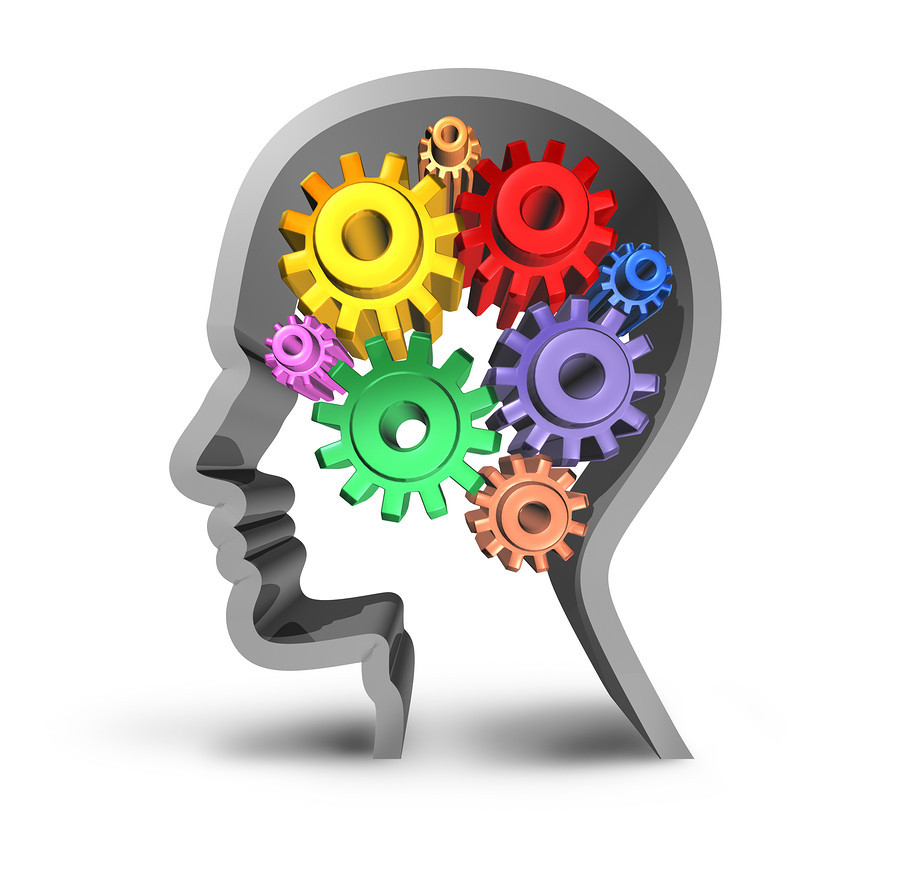
5 timeless habits for better health

What are the symptoms of prostate cancer?

Is your breakfast cereal healthy?

When pain signals an emergency: Symptoms you should never ignore

Does exercise give you energy?

Acupuncture for pain relief: How it works and what to expect

How to avoid jet lag: Tips for staying alert when you travel

Biofeedback therapy: How it works and how it can help relieve pain

Best vitamins and minerals for energy

Should you take probiotics with antibiotics?
Mind & Mood Archive
Articles
Greater amounts of abdominal fat may harm brain health
A 2023 study found a link between excess abdominal fat and lower brain volume, particularly in regions involved in thinking, memory, and performing everyday tasks.
Dialectical behavior therapy: What is it and who can it help?
Emotional dysregulation is a hallmark of many mental health conditions. A treatment known as dialectical behavior therapy (DBT) focuses on teaching people to manage intense emotions, cope with challenging situations, and improve their relationships.
A fresh look at risks for developing young-onset dementia
Young-onset dementia, which occurs in people younger than age 65, is uncommon. A new study has identified 15 factors linked to a higher risk of young-onset dementia.

5 timeless habits for better health

What are the symptoms of prostate cancer?

Is your breakfast cereal healthy?

When pain signals an emergency: Symptoms you should never ignore

Does exercise give you energy?

Acupuncture for pain relief: How it works and what to expect

How to avoid jet lag: Tips for staying alert when you travel

Biofeedback therapy: How it works and how it can help relieve pain

Best vitamins and minerals for energy

Should you take probiotics with antibiotics?
Free Healthbeat Signup
Get the latest in health news delivered to your inbox!
Sign Up











